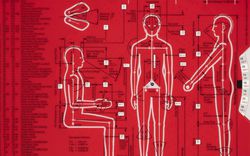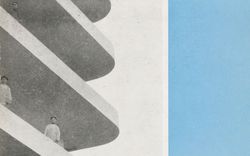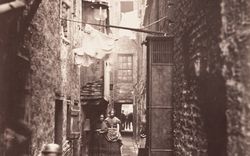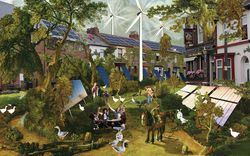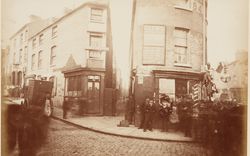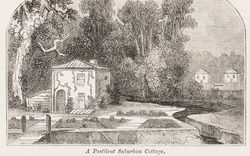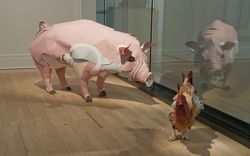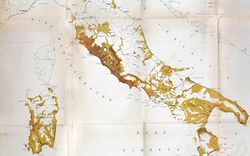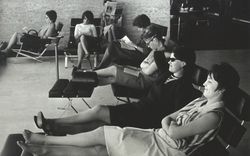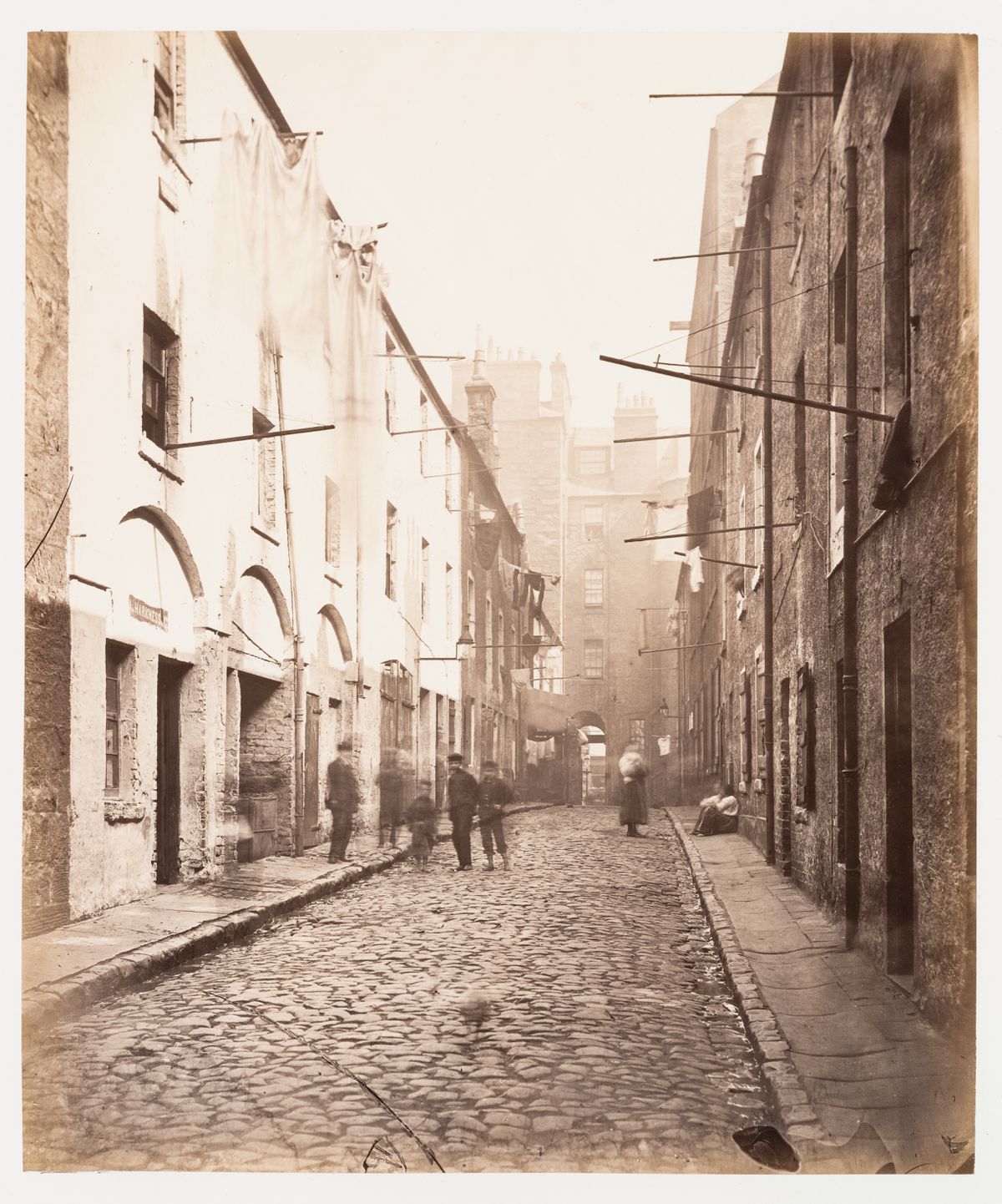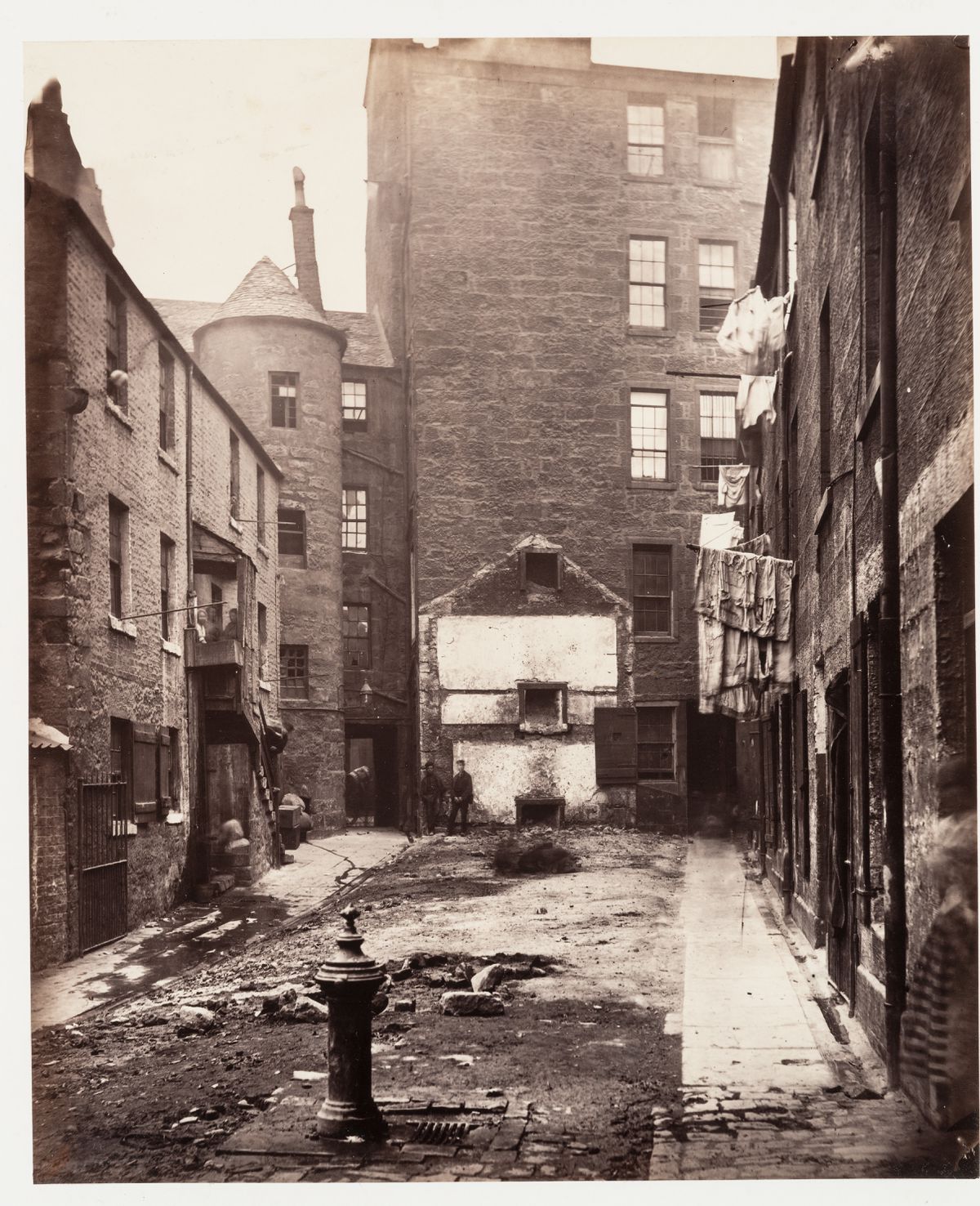Article 1 of 10
Glasgow Improvements Act
Photographs by Thomas Annan
In 1866, the miserable living conditions of Glaswegians crowded together in unsanitary housing pushed the Glasgow city council to adopt the Glasgow City Improvements Act. This legislation, at the forefront of one of the first public health reform movements, aimed to tear down the slums in the poorest neighbourhoods of the old city to allow for new urban development. The Glasgow City Improvement Trust gave the photographer Thomas Annan the task of documenting the condemned buildings and narrow alleyways of the slums before they were dismantled. The thirty-one albumen silver prints made by Annan between 1868 and 1871 were collected in an album.
/
These works, along with more of Thomas Annan’s photographs of Glasgow, are part of our collection.
